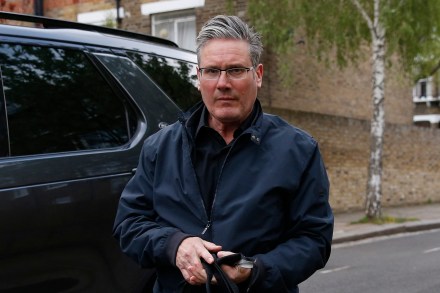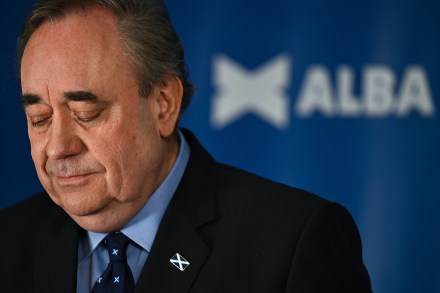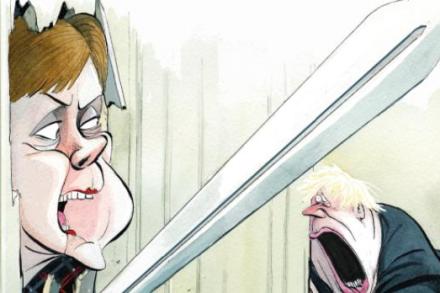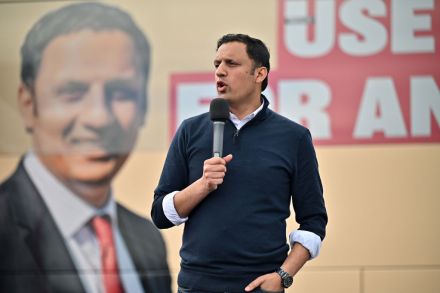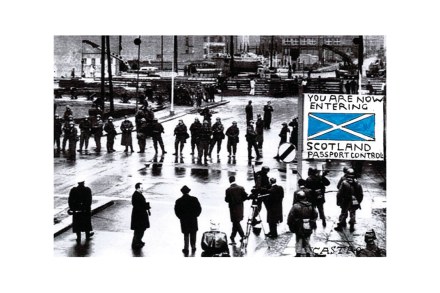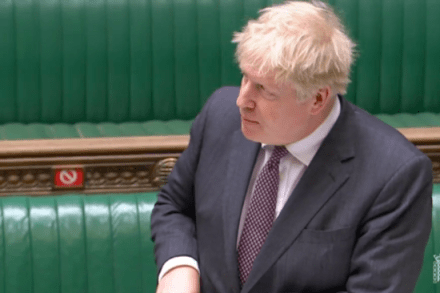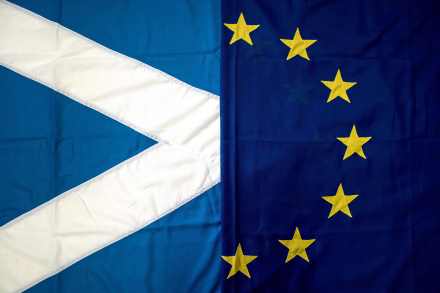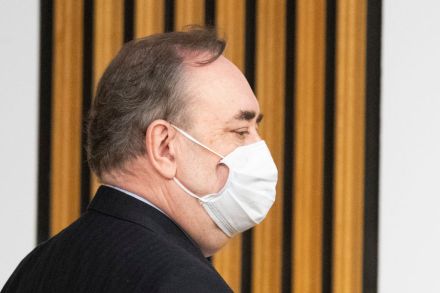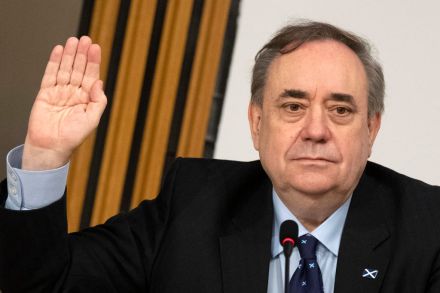Nine lessons from the elections
Here are the big things I learned from Thursday’s elections and their aftermath. 1. The Scottish parliament will vote to hold a referendum on independence for Scotland — but the legislation probably won’t be introduced till late 2022. 2. The earliest there would be a referendum would be 2023. 3. Boris Johnson’s revealed preference is to persuade the people of Scotland of the merits of remaining within the UK, rather than exploiting the Westminster government’s ‘reserve power’ to veto independence. He wants to avoid what would be widely seen in Scotland as the tyranny of Westminster depriving the Scottish people of a voice on their future. That means a referendum in
